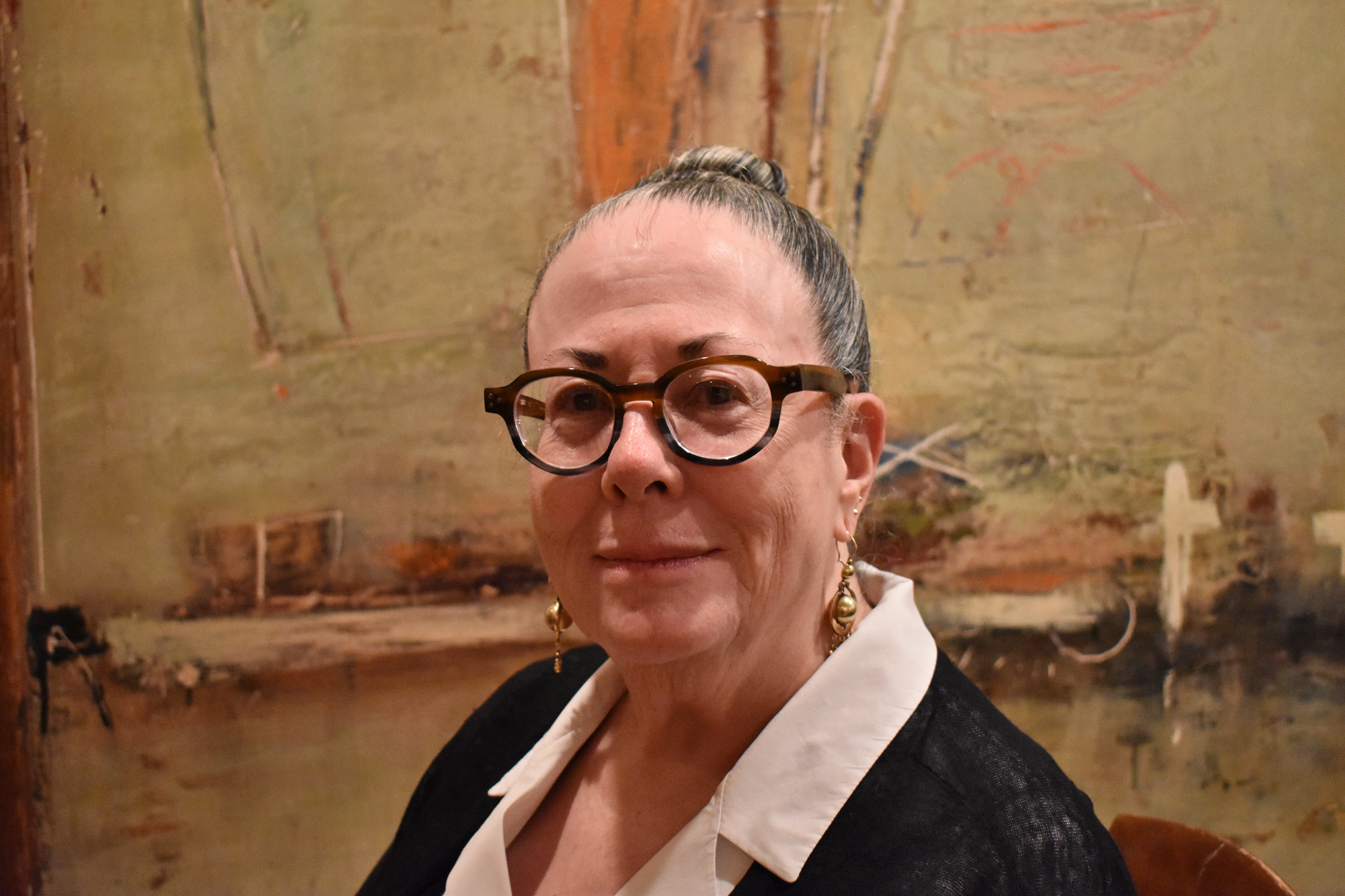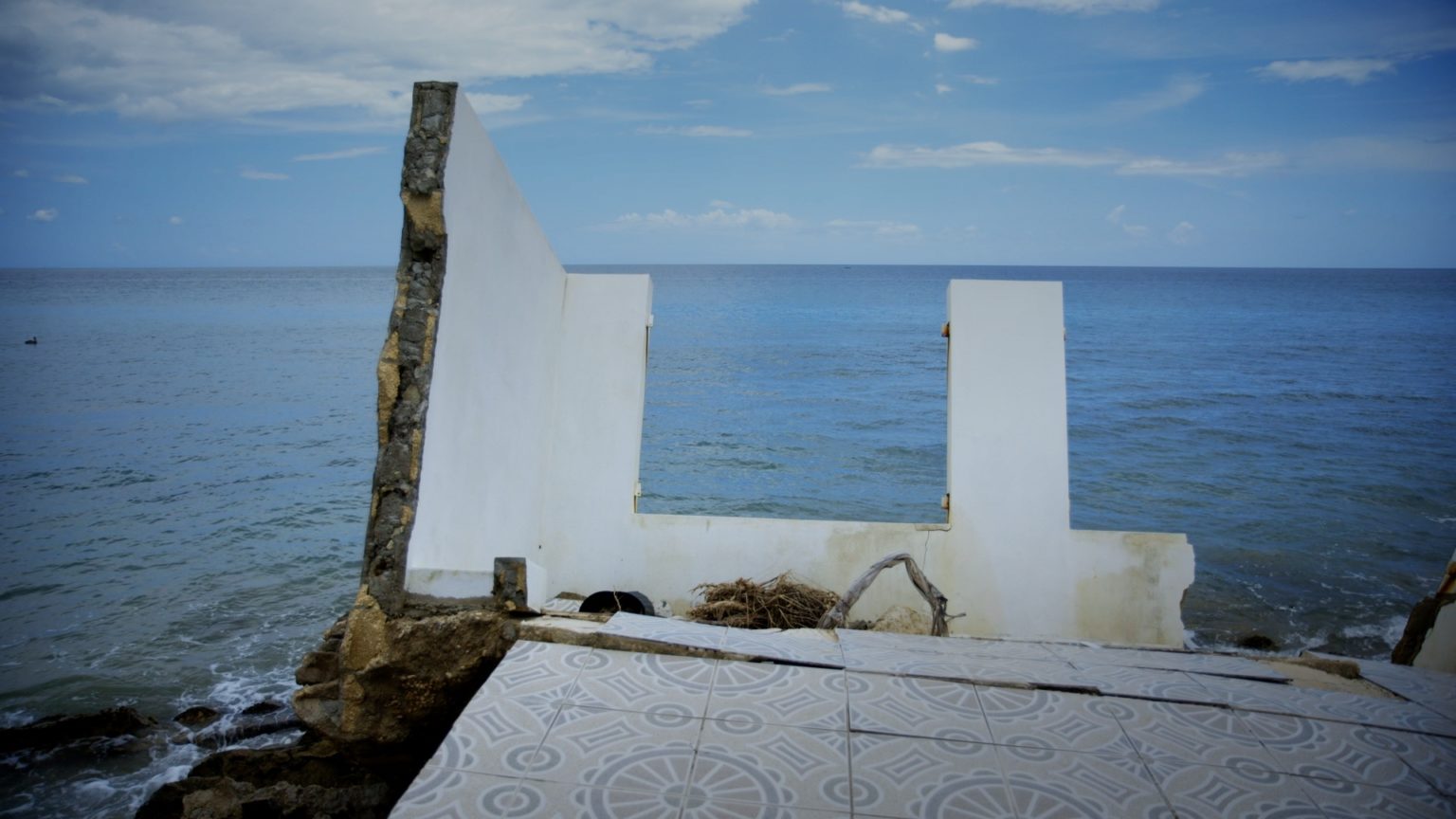“As a kid in Israel, my dream was to become a psychoanalyst and a filmmaker,” Ofra Bloch said in a telephone interview from her home in New York City. “Later on, I became a psychoanalyst but I never dared to go to filmmaking school. So when I decided to make a film, it was sheer chutzpah because I didn’t know how to do it. I didn’t have any technical skills. But I knew what I wanted to see.”
Her clear vision led her to make “Afterward,” a new documentary that explores the lingering and cross-cutting trauma embedded in generations of Germans, Israelis and Palestinians. The Anisfield-Wolf Book Awards is sponsoring two screenings at the Cleveland International Film Festival.
Six years ago, when Bloch, 69, began working on her first full length feature, she intended to center her lens on the lingering generational trauma among German non-Jews and second and third generations of decedents of Holocaust perpetrators. After the director left Germany, however, she realized she had an incomplete story.
Growing up in Israel, “you can’t avoid trauma. It’s always present,” she said. Living through wars and under the long shadow of the Holocaust, Bloch was raised to fear and hate both Germans and Palestinians. She needed to include the Palestinian account of trauma and reckoning in her film. After completing the interviews and beginning the editing process, she recognized there was one more layer to uncover: she couldn’t tell either story without embedding hers as well. The triad of viewpoints would complete the narrative.
“I connect them,” Bloch said. “There’s no way those stories can exist, floating, without the presence of the interviewer, me the Israeli. During those interviews in both places, memories started surfacing. I had recurrent dreams that were coming out of nowhere, just by the act of immersing myself in the lives of these people. [My experience] became such an integral part — the glue of the film.”
In that way, her documentary resembles “My Promised Land,” Ari Shavit’s examination of the Israeli creation story along his own family tree, with room for ruminating on the 1948 destruction of Palestinian family trees in the Lydda Valley.
“We’re not exactly in the same place ideologically but [our work] complements each other,” Bloch said of Shavit. “He’s really trying to examine the intricacies of the Israeli society, in the past and the present. It’s really a perfect pairing, in that way.” Shavit’s book won the Anisfield-Wolf nonfiction prize in 2014.
With such a strong personal reaction to her subjects, Bloch determined she should approach the interviews with the objectivity of a therapist.
“As a filmmaker, I had to learn to just listen to people, to do what I do in the office as a psychoanalyst,” she said. “Which means to be very present, without judgment, without necessarily agreeing with what people were saying to me. To give people the space to talk about their experience. When people are able to share that, it creates a dialogue. Without listening to the ‘other,’ without active listening, there is no movement toward any solution.”
She leaned on those therapist skills when interviewing Palestinian activist Bassam Aramin, who in 2005 co-founded Combatants for Peace, a grassroots coalition of Israeli and Palestinian activists working together to stop the violence. But two years later, his 10-year-old daughter Abir was shot and killed by an Israeli soldier while she stood outside of school. Bloch marveled at Aramin’s ability to remain focused on the mission and to honor his daughter’s legacy in his non-violent work. “It taught me that pain is just pain,” she said. “It doesn’t have a nationality.”
During the interview with Aramin, they visited one of the playgrounds that Combatants for Peace built in Abir’s honor. There Bloch had her moment of reckoning.
“Even though I lived in the U.S. for 39 years, I am complicit in some way,” she said. “Being an Israeli, I am part of the problem. I believe this is the reason I made this film….Six years of work and energy and funding, because this is my little contribution toward resolution of the conflict.”
Moviegoers can watch “Afterward” at one of two screenings: Saturday, March 30 at 8 p.m. and Sunday, March 31 at 12:05 p.m. Tickets are $14 for film festival members, seniors and students; $16 for others. Receive a $1 discount at the box office, online or ordering on the phone, by using the Anisfield-Wolf Book Awards code: ANWO.



